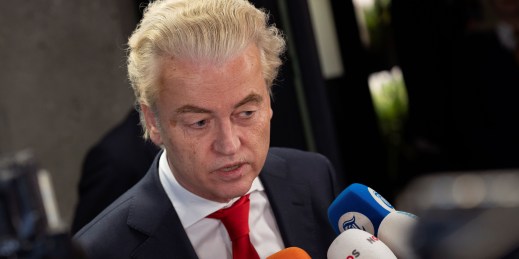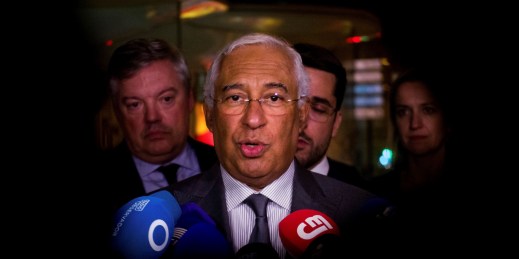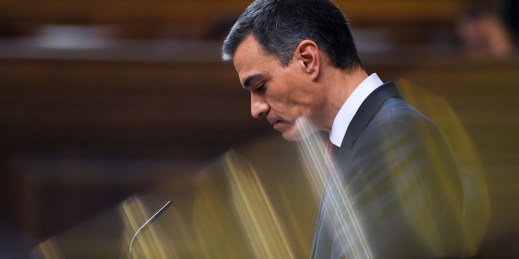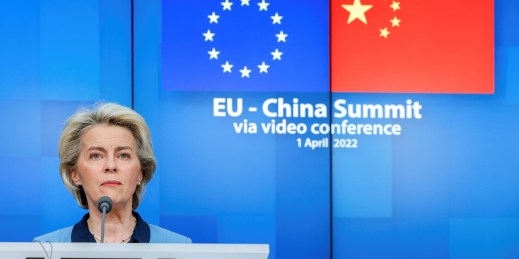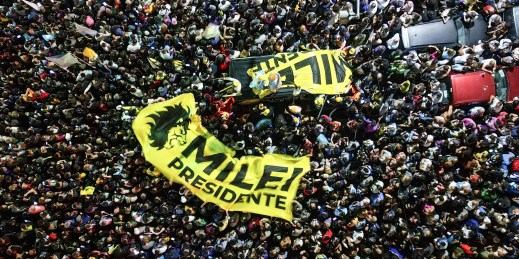
It is tempting to view the win in Argentina by far-right libertarian economist Javier Milei followed by the first-place finish in the Netherlands by the anti-Muslim firebrand Geert Wilders as evidence of a global movement. But it would be a mistake to view these two earthquakes as part of the same tectonic pattern.

